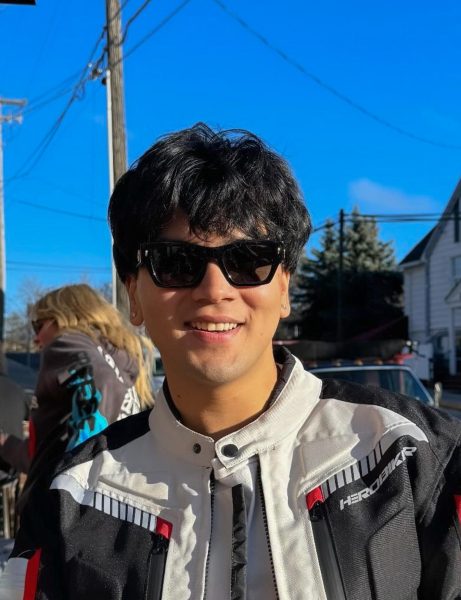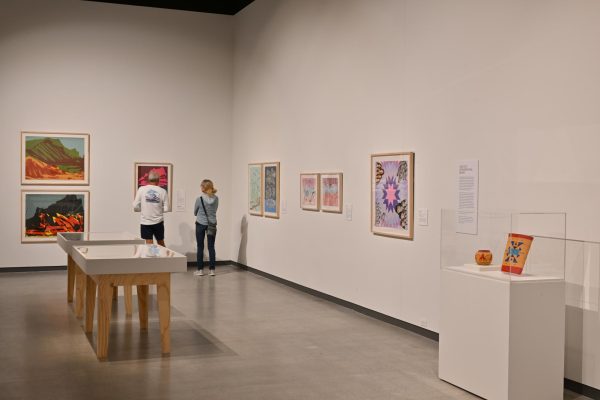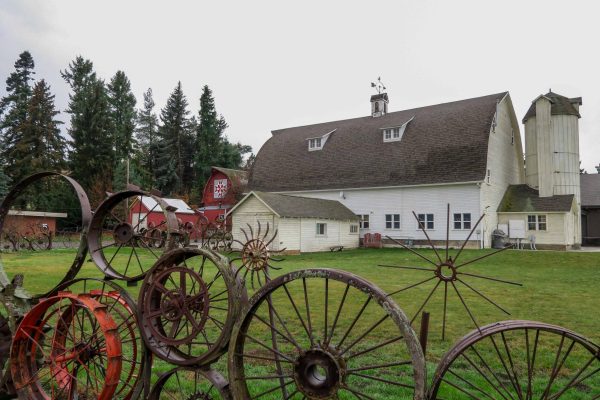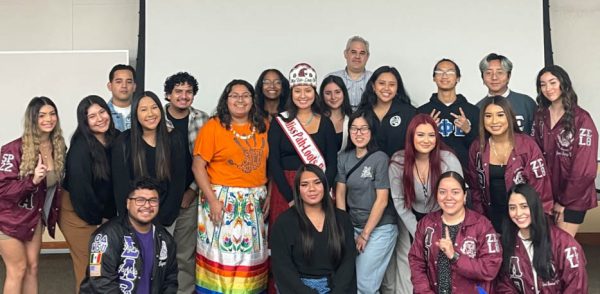Issues, backlash, struggles that come from interracial dating
WSU students dive into Emmanual Acho’s ‘Uncomfortable Conversations’; explore interracial couples experiences
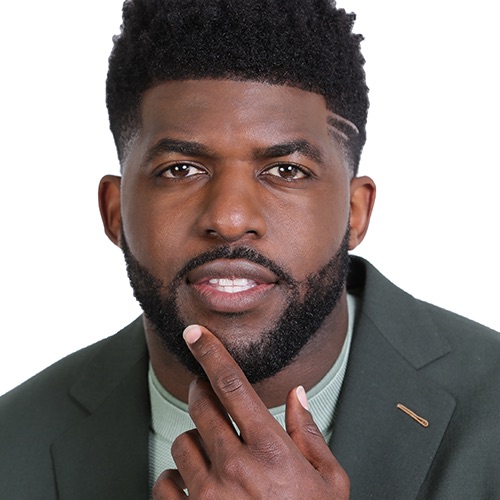
“Uncomfortable Conversations with Emmanuel Acho” facilitates conversations surrounding mental health with Lil Wayne.
January 27, 2022
On Tuesday, an online screening of Emmanuel Acho’s “Uncomfortable Conversations with Emmanuel Acho” was shown for the WSU community. A playful twist on his typical program, “Uncomfortable Conversations with a Black Man,” the series is being shown as a part of WSU’s MLK Program.
The conversation surrounded struggles with interracial relationships and the backlash that individuals face from society. Acho’s guest for this talk included Rachel Lindsay, the first Black Bachelorette, and her husband, and Olympic medalists and then-married couple Lindsey Vonn and P.K. Subban.
“For interracial couples, I think it should not be seen as taboo in both people of color [and] our white counterparts,” event attendee Wilmer Castillo said. “It should be something more accepted within both those groups of people.”
Interracial dating is a topic that WSU students are familiar with. When the moderators Heather Reyes (she/hers) and Colette Casavant (she/hers) asked the students if they had any personal experience with the video topic, 82% of the attendees answered that they or someone they knew had personal experience.
Attendee Adam Luqman said he had his own struggles with interracial dating.
“I’m Malay, and my partner is Hispanic,” he said. “Thankfully, people around me have been very supportive of us being together, but people do ask me a lot on how … our relationship will go on in the future since we are generally different in regards [to] culture and country of origin.”
“Struggles do definitely come from family,” he said. “Especially pressure from family members to date people the same race and religion as I am. I eventually did overcome it with a lot of convincing [to] my parents that she [Luqman’s partner] is the one for me.”
But there are other issues involved with interracial relationships. For example, even starting one online can be more difficult for Black people than white people.
“For many Black Americans, these [dating] apps never fulfill their promises. Despite hours of scrolling, clicking, swiping, or answering personality questions, they often find that they are as isolated on these apps as they were in a bar or at a party,” according to the University of California Press Blog.
White men were four times more likely to message a white woman than a Black woman, even if the two women shared similar qualities, according to UCPB’s statistical analysis.
The UCPB reports that even in cases where white daters did message their Black counterparts, race continued to influence each step of the encounter. In the report, one woman said that some men told her that they had never slept with a Black woman before. This made her deeply uncomfortable, and she felt like the only reason men wanted to be with her was because of their fetishization of her race.
The little things that seem inconsequential at the moment could be harmful and perpetuate stereotypical opinions of other races, Forbes Senior Contributor Janice Gassam Asare wrote in her article, “What Is Fetishization And How Does It Contribute To Racism?”
“It is not uncommon for a person on social media to state their dating preferences, and while on the surface, it may seem benign and even complimentary,” Asare wrote. “Oftentimes, these ‘preferences’ can actually reinforce harmful stereotypes that are already held about different groups.”
Dating is difficult. Almost half of adults in the U.S. say dating has gotten harder in the last ten years, according to the Pew Research Center. This sentiment only exacerbates the problem for people who face systemic racism. It permeates practically every part of society, including dating. So, what can we do?
“What I need from a partner is someone who’s willing to understand things the way that I do. [Someone who] is willing to ask questions,” Lindsay said. “At the end of the day, he [Lindsay’s husband] is not Black, so he’s never going to understand my experience fully. But the fact that he’s trying to, and he wants to, that’s all I need.”
So, if you have questions about your partner’s race, ethnicity, religion, culture, then ask. Being a good partner is understanding the other person as best you can, which goes beyond race—being willing to understand things as a couple is all it takes to move forward and learn from each other as a cohesive unit.









